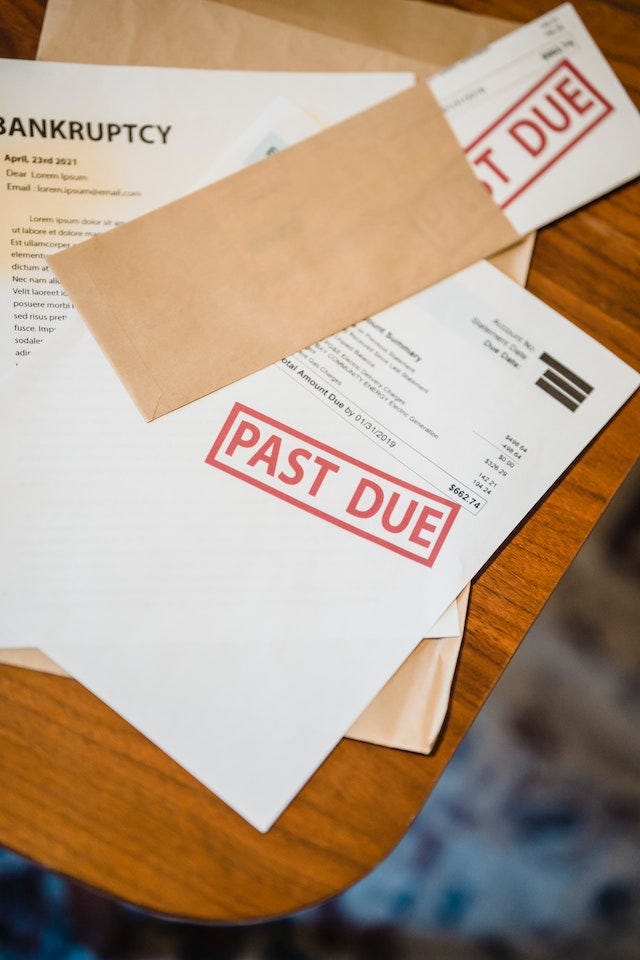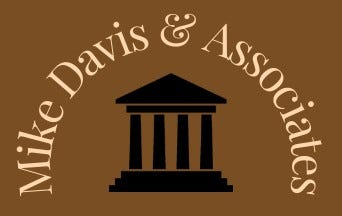Filing for bankruptcy isn't always the best response to debt collection
What the TV ads don't tell you about US bankruptcy laws

While most bankruptcy lawyers would tell you to file for Chapter 7 or Chapter 13 bankruptcy if you’re in credit card debt, this has concerning consequences. You may have challenges finding a job (especially in the financial services industry or in any position that requires the handling of money), could be forced to sell some or all of your property, and face years of challenges for credit approval.
If your income is average or above, you are not allowed to get a Chapter 7 discharge; you can only file a Chapter 13 bankruptcy.
Bankruptcy is not always the easy, quick solution that advertising makes it seem to be.
Before you can even file for bankruptcy, you must complete a debt counseling course. Then, before your bankruptcy case is closed, you must take another counseling course. Both will cost you time and money.
Even more significant, however, is the “means test,” which measures your income compared to the rest of the population in your state. If you are below-average income, then you can probably get a Chapter 7 discharge. This means you’ll “start over” with your debts having been discharged (wiped out) only after you’ve given up all your assets.
If your income is average or above, however, you are not allowed to get a Chapter 7 discharge; you can only file a Chapter 13 bankruptcy.
This means loss of control of your affairs. In a Chapter 13 case, your debts are not discharged. A trustee is appointed by the bankruptcy court, and he or she reviews your finances and debts and then imposes a payment plan whereby you fork over money to the trustee and the trustee pays your creditors. These plans typically go on for years, and most of them fail. You lose control over your finances in exchange for a discount on your debts. And who pays the trustee to do all this work? You do!
If you get a raise or come into an inheritance, or your spouse gets a new job, your creditors can go back to the trustee and ask to redo your Chapter 13 plan so that they can take more of your money. In many cases, it’s simply an illusion that you’re going to be able to wipe debt away and not have to be responsible for it.
Finally, going through with a bankruptcy case, from opening petition to final discharge, can be a lot more expensive than the advertisements make it seem. The low prices advertised are typically available only to debtors with no assets and little income. Bankruptcy may be right for some people, but I don’t practice bankruptcy law. I’m a better and less expensive alternative for many people being sued by debt buyers.
Rather than encourage bankruptcy, my firm will ensure that you exhaust every last option available to you, which will include fighting your creditors in court. With a strong debt defense attorney by your side, some cases can be won outright to defeat your creditor and you end up owing nothing. In other cases, a settlement can be reached to avoid the effects of a judgment and avoid a bankruptcy. Ultimately, your wisest course of action can only be determined after a thorough evaluation of the details specific to your case and an inventory of the strategies available to you.
Are you interested in reading more Defense by Davis posts like this one? Subscribe to my Substack account today! Check out Foundations of Construction Law too. For immediate needs, click here to contact me directly.





